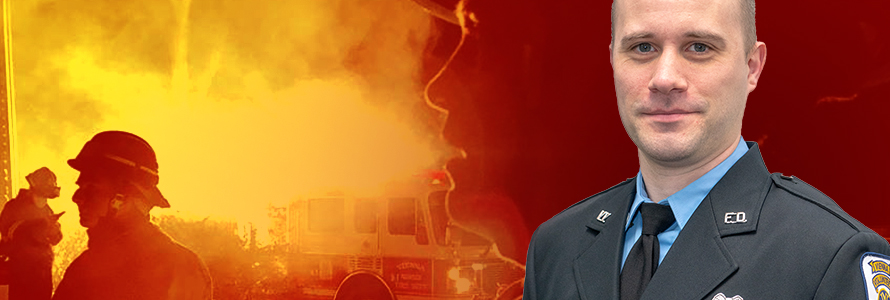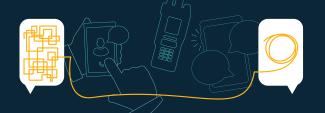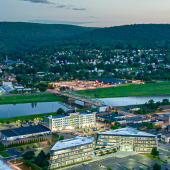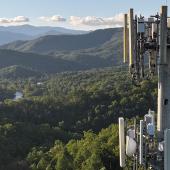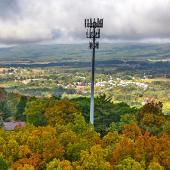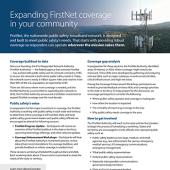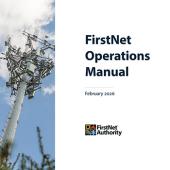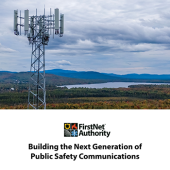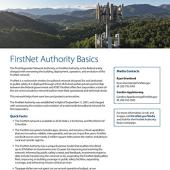I am a volunteer firefighter for my community. My firehouse is a group of teachers, accountants, program managers, computer developers, and even a helicopter pilot, with personalities as diverse as our professions. Despite these differences, we all share a common objective: helping those in need.
The firehouse kitchen table is a special place. At that table, it doesn’t matter where you come from, how old you are, how much you make, or what you do for your “real job.” What matters is how hard you work, how well you train, and how willing you are to make sacrifices for your community.
At that kitchen table you are with family. We tell jokes, share stories, and solve the world’s problems. The volunteer fire service is a family that you get to choose. The camaraderie between our volunteer brothers and sisters transcends geographies and generations. It represents the best traits of Americans: the willingness to work hard and put the needs of others before yourself. All volunteers are busy. We all have lives outside of the firehouse. When the call comes in, our busy lives are paused and we turn our attention to helping strangers in need.
Being a volunteer is not only about the noble cause, we also experience personal benefits ranging from a sense of adventure to an adrenaline rush to the ability to make an impact during emergencies. This is evident in the exhausted smiles you see coming out of a fire after dragging a hose through a smoke-filled door, up stairs, down the hallway, and into a bedroom to extinguish a room and contents fire. Then, however, the realization hits you that the exhilaration you just experienced means that someone has experienced loss—their high school yearbooks, their grandmother’s heirlooms, or possibly all of their worldly possessions. At that point the ability to make one of the worst days of someone’s life just a little bit better is all that matters.
According to the U.S. Fire Administration, 71% of fire departments across the country are entirely composed of volunteers. Volunteers are found in all 50 states and are over 50% of the more than one million American firefighters that serve our communities today. The volunteer fire service of the United States is representative of our local communities.
The country’s fire and EMS volunteers face universally challenging times. The number of volunteer firefighters and EMTs has declined annually since the 1980s. With no single identifiable cause, the combination of more demanding jobs, the necessity of second incomes, stricter volunteer fire and EMS service training requirements, and an overall general decrease in volunteerism are likely to contribute. Similarly, volunteer agencies face funding challenges at the local, state, and federal levels while the cost of equipment, apparatus, and buildings continue to rise.
There is hope for the nation’s volunteer firefighters. Aggressive recruitment and retention initiatives have been implemented by a number of states and the National Volunteer Fire Council. Advances in technology, such as FirstNet, are improving the fire service and are opening doors for both volunteers and younger generations. Overcoming challenges is part of the volunteer fire service’s DNA and, together, volunteers will endure.
Communities nationwide count on the volunteer fire service. As volunteers, we are proud to show up when others play it safe, proud to have the skills and professionalism to make a difference, and proud to be able to assist during a time of need. Every emergency is local—whether it is a child in distress, a neighbor’s house on fire, a hurricane, or a global pandemic. Volunteers are in our community to help, however we can. Somewhere, sometime you will need the assistance of a volunteer, your neighbor. Despite the challenges faced by volunteers, there is hope for the future of the volunteer system. When you ask a volunteer why they do it you’ll hear a variety of responses, but they will all echo with bravery, selflessness, and community.
Zachary Smith is a volunteer Firefighter/EMT with the Vienna Volunteer Fire Department in Fairfax County, VA. He is employed as an Emergency Management Specialist with the First Responder Network Authority. In addition, he is a member of both the Virginia Communications Cache and the National Capital Region – Incident Management Team.


